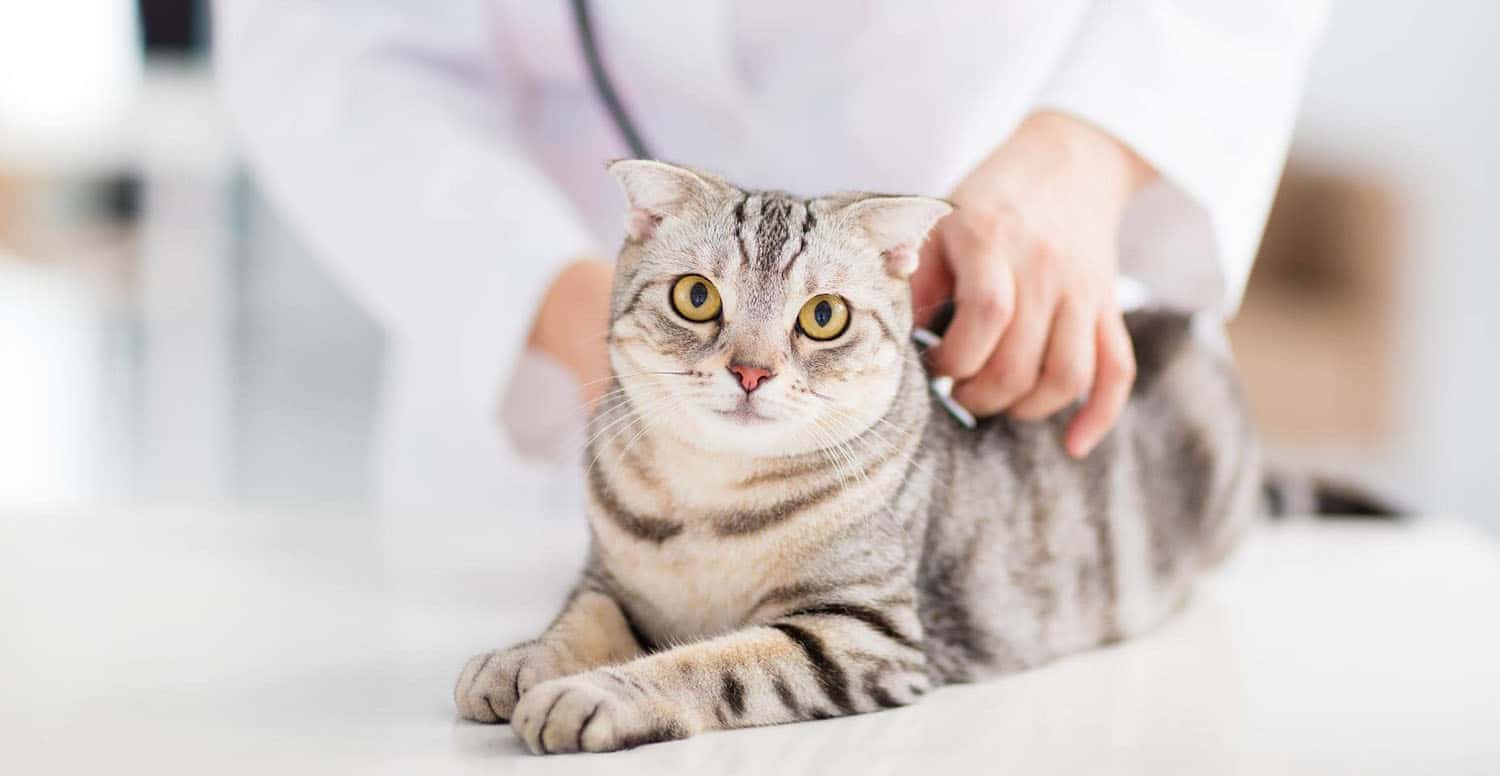Assessing Your Pet’s Health Progress and Setting New Goals

As we step into a new year, it’s the perfect time to look back on your pet’s health over the past 12 months and think about what you can do to improve their well-being moving forward. Whether you’re focusing on better nutrition, regular exercise, or timely vet visits, assessing your pet’s health and setting new goals can make a big difference.
At Cherry Creek Veterinary Hospital, we’re here to help you reflect on your pet’s health progress and plan for a healthier, happier year ahead.
How to Reflect on Your Pet’s Health
Reflecting on your pet’s health is the first step to creating a solid plan for the coming year. Start by asking yourself a few key questions about their well-being:
- Did they visit the vet for an annual check-up? Routine check-ups are crucial for catching potential health issues early.
- How was their energy level? Did they seem more sluggish than usual, or were they as playful and energetic as ever?
- Were there any noticeable changes in their eating habits? Changes in appetite can be a sign of underlying health issues.
- Did they maintain a healthy weight? Weight gain or loss can indicate a need for dietary adjustments or more exercise.
Reflecting on these aspects gives you a clearer picture of your pet’s overall wellness and areas that might need attention.
Evaluating Your Pet’s Health Progress
Once you’ve reflected on the past year, it’s time to do a more thorough pet health assessment. Regular check-ups with your vet are essential, but here are a few areas to evaluate on your own:
- Coat and Skin Condition: Healthy pets typically have shiny coats and clear skin. Dull fur or excessive shedding could indicate a need for a dietary change or more frequent grooming.
- Dental Health: How does your pet’s breath smell? Bad breath or excessive tartar buildup can be signs of dental disease, which is common in cats and dogs.
- Mobility: Has your pet had trouble climbing the stairs, or do they seem stiff after playing? These may be early signs of arthritis or joint pain.
- Behavioral Changes: Have you noticed any unusual behaviors such as increased aggression, anxiety, or withdrawal? Behavioral shifts can sometimes signal underlying health problems.
Taking time to regularly assess these areas can help ensure your pet’s wellness is on the right track, giving you a better understanding of what needs improvement.
Setting New Year Pet Health Goals
Once you’ve reflected and evaluated your pet’s health, it’s time to set some realistic New Year pet goals. These goals will help you stay proactive about your pet’s well-being throughout the year. Here are a few common goals to consider:
- Better Nutrition: Work with your vet to ensure your pet is on a diet that suits their age, weight, and activity level. You can also introduce new, healthy treats or focus on portion control.
- Increase Physical Activity: If your pet’s activity level has been low, aim for daily walks, playtime, or even interactive toys that encourage movement.
- Regular Vet Visits: Schedule your pet’s next annual exam and set reminders for parasite prevention, dental cleanings, and vaccinations.
- Dental Care Routine: Good dental care is essential for your pet’s health. If you don’t already, start brushing your pet’s teeth regularly or use dental chews to help prevent plaque buildup and gum disease.
By setting small, achievable goals, you’ll help your pet thrive and create a positive routine that improves their health in the long term.
Read our related blog post to learn more about the role of preventive care in ensuring a healthy pet.
Plan Ahead: Schedule Your Annual Pet Health Review
The best way to stay on top of your pet’s health is by scheduling regular check-ups. At Cherry Creek Veterinary Hospital, our experienced veterinarians and staff are here to support you in evaluating your pet’s health, setting new care goals, and creating a wellness plan that’s right for them. Call us today if it’s time for your pet’s annual health review. We’re happy to answer any questions and help your pet start the year off on the right paw.
